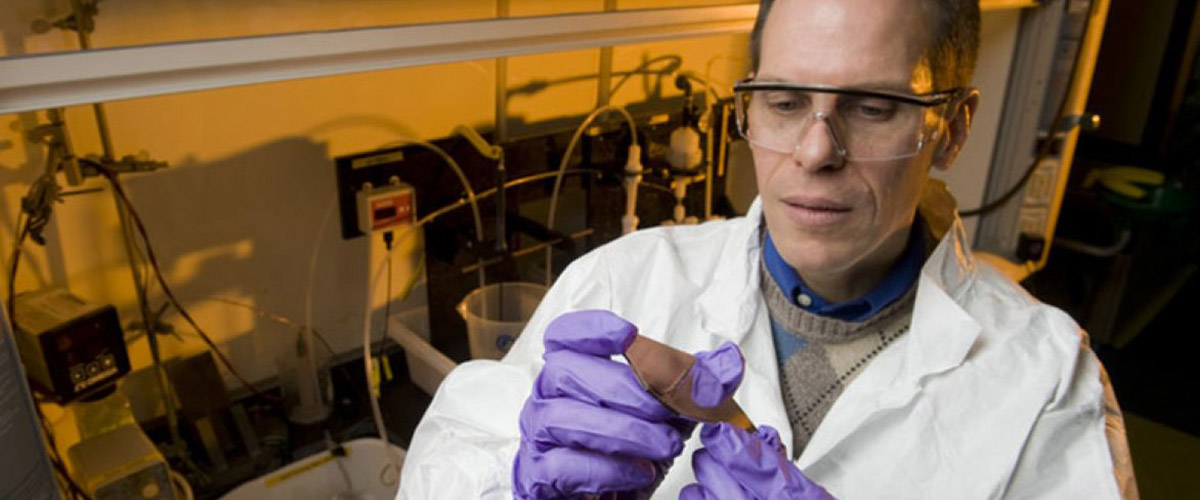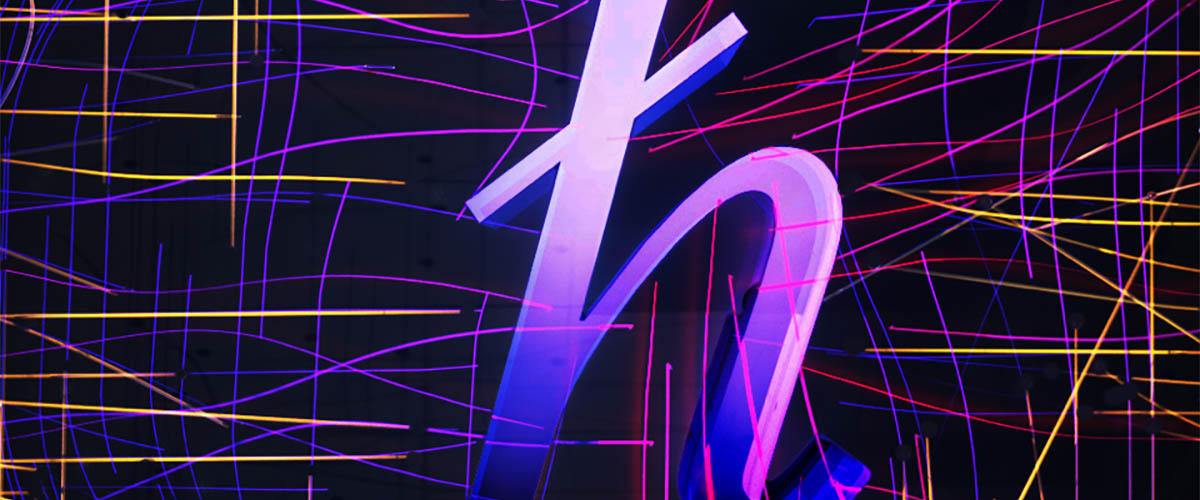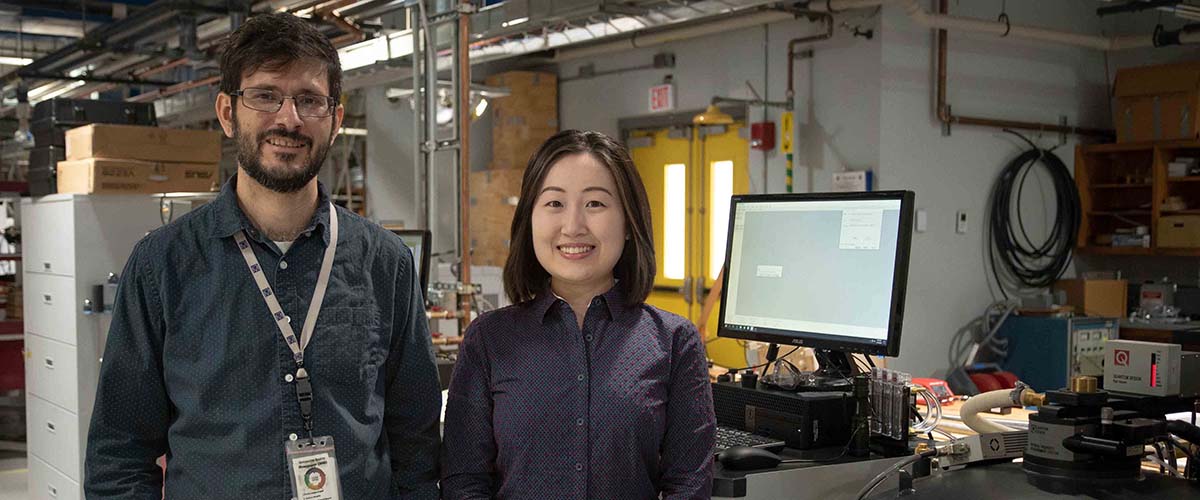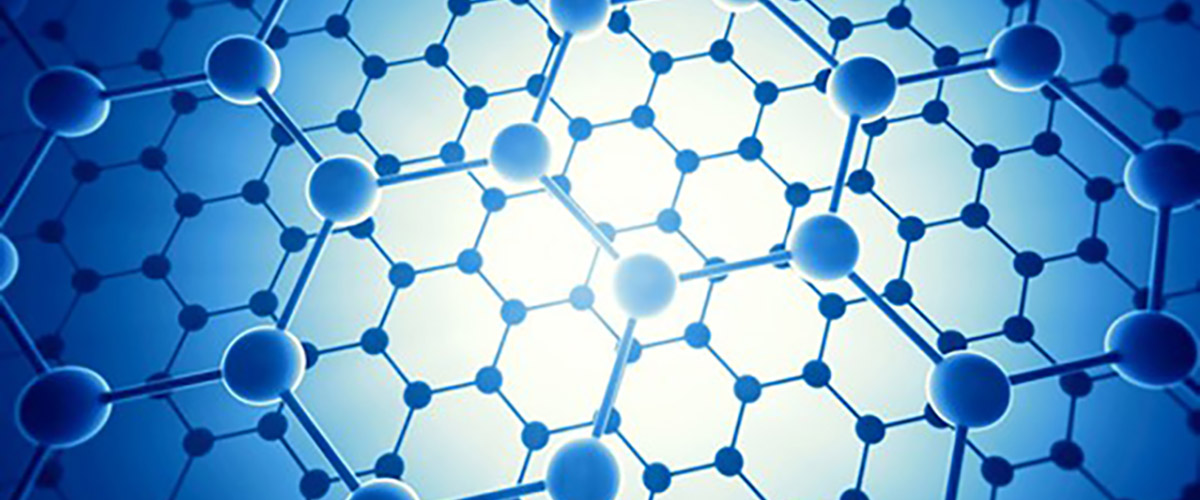Contact: Kristin Roberts
TALLAHASSEE — The National MagLab is adding another eminent scientist to its ranks by hiring an accomplished expert in the field of applied superconductivity.
Lance Cooley, a scientist at the Fermi National Accelerator Laboratory (Fermilab), will join the lab's Applied Superconductivity Center (ASC). He will also have a faculty appointment in the Department of Mechanical Engineering at the College of Engineering that is jointly operated by Florida A&M University and Florida State University (FSU). The National MagLab is headquartered at FSU.
"We are very excited to have Lance join the faculty here and add to the already stellar lineup of scientists who are working at the Applied Superconductivity Center at the MagLab," said FSU Vice President for Research Gary K. Ostrander. "He will be an asset to our students, who will no doubt benefit from his expertise and scientific ingenuity in the area of superconducting magnets."
Cooley began working in superconducting materials as a graduate student at University of Wisconsin under the direction of David Larbalestier, who is now director of the ASC. He received his doctoral degree from UW in 1993 and has held positions at the National Institute of Standards and Technology, the University of Wisconsin and Brookhaven National Laboratory.
"In some ways, this appointment is a long time coming," Cooley said. "I've been working with David and many other researchers at the MagLab for much of my career, and I am looking forward to joining them at Florida State."
Cooley joined Fermilab in 2007 and served as head of the Superconducting Materials Department between 2011 and 2014. During that time, he coordinated multiuniversity research to understand the effects of metalworking and chemical polishing on the superconducting properties of high-purity niobium used in linear accelerators. Florida State was a participant in that program.
He also worked on superconductors for advanced high-field magnets, which led to his current role in the High-Luminosity Upgrade of the Large Hadron Collider, the world’s most powerful particle accelerator, at the European Organization for Nuclear Research — more commonly known as CERN — in Switzerland and France. He will continue with that work at the MagLab.
Cooley will work primarily in the ASC to help expand research opportunities in areas where scientists have not commonly used superconducting magnets or materials. For example, he will explore how superconducting coils could be used at lower fields and warmer temperatures than the MagLab’s systems to power offshore wind turbines and how to enable the use of high-power electron beams for industry by making the accelerator part compact and superconducting.
"We are delighted to have recruited Lance — he will continue in the footsteps of his mentor David Larbalestier, who built the Applied Superconductivity Center into an internationally leading program in developing high-power superconducting magnets that has fueled the MagLab and the College of Engineering," said FAMU-FSU College of Engineering Dean Murray Gibson. "We expect Lance to build on David's accomplishments with the center and bring some exciting new directions."
Cooley will join FSU in August and will begin his teaching duties in the spring 2018 semester.
By Kathleen Haughney / Florida State University News






